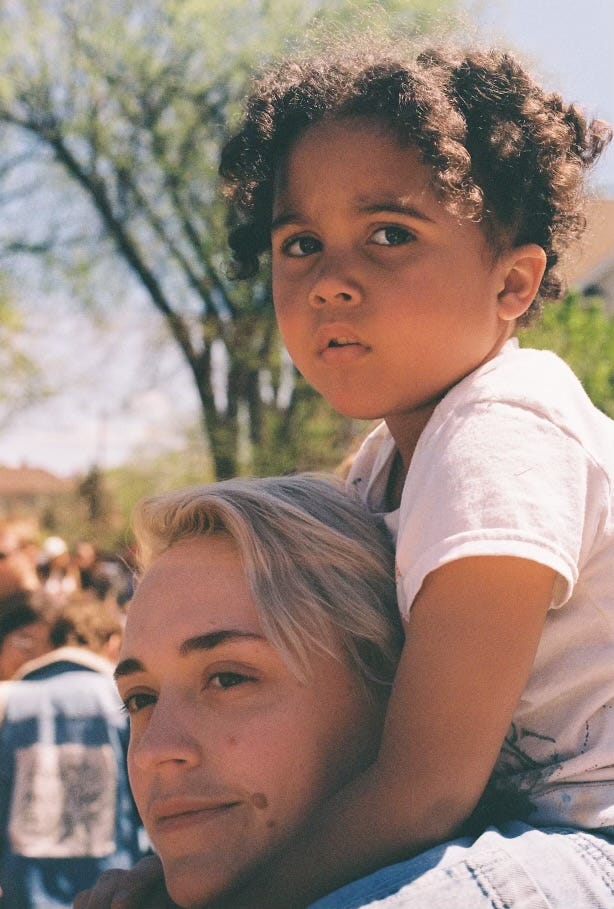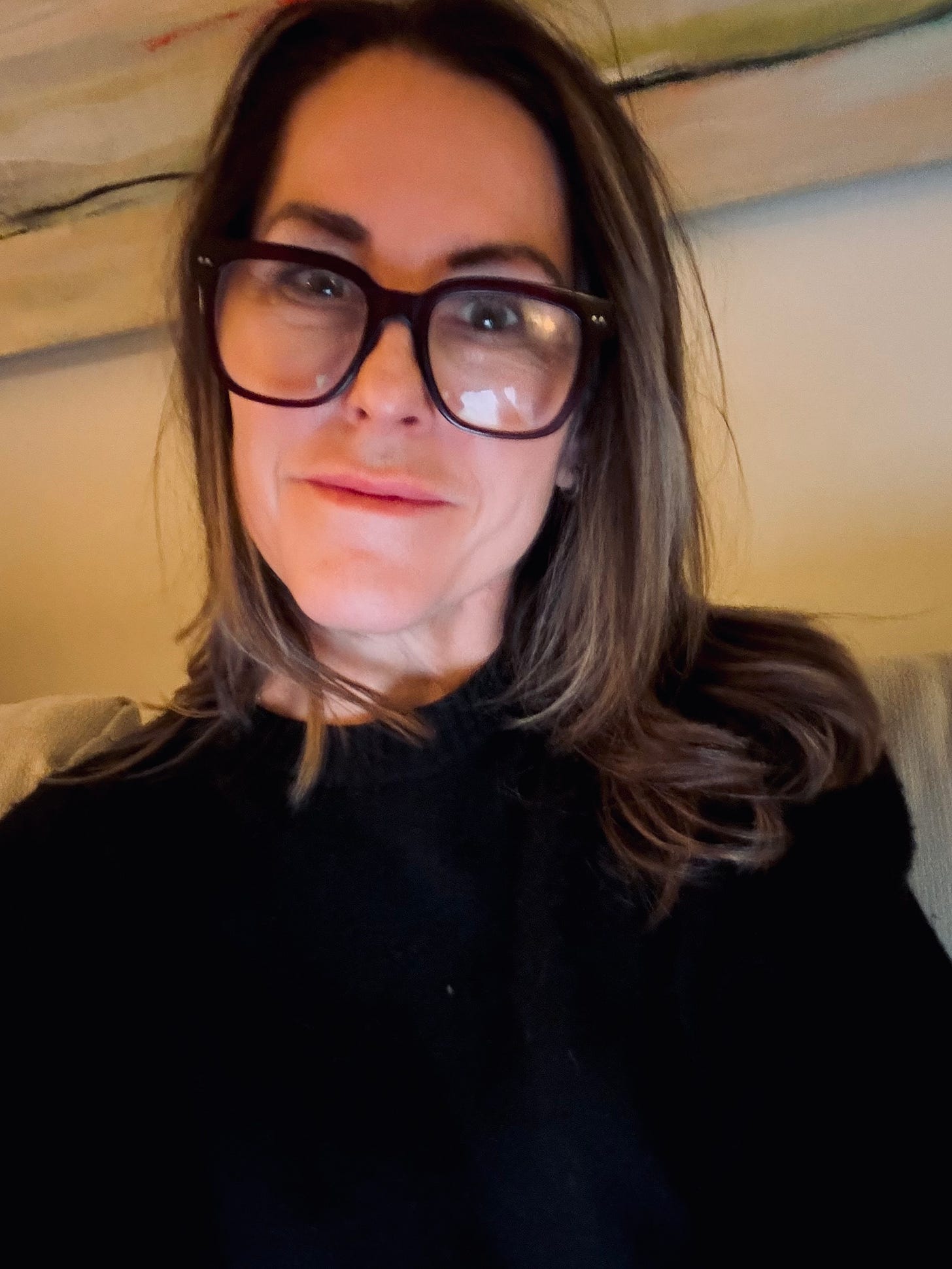🧵 Thursday Thread: “For me, the working of hair is architecture with a human element.” ― Vidal Sassoon
Humans are intense about hair, and we always have been. Let's talk about it this week!
I posted on Notes about cutting my own hair last night yesterday, and a lot of people were naturally surprised I would do that. Which I expected, because, really, now that the pandemic is mostly over, who cuts their own hair?
The truth is, I’ve been cutting mine for years because, well, I just like doing it and tend to like how it turns out when I cut it myself It’s even more fun now, with YouTube videos as guides. Last night I gave myself some layers! I also cut my husband’s hair, and, once in a while,
’s.On the other hand, I do not love coloring my own hair. Trying to do my own highlights during Covid required hours and hours of exhausting and marginally successful processes and multiple showers. What a fiasco.
Anyway, hair is weird—or, I should say, humans are intense about hair. One of the first things you learn as a new foster parent is that you are not allowed to cut the hair of a child in your care. Even now, at almost four years old and more than two years after entering our family, Z has never had a haircut. Meanwhile,
has learned how to care for his Black hair, keep it soft and healthy, and braid it in ways that make his first mom truly happy (which, in turn, makes Billie happy).Hair has always held significance across cultures and societies, serving as a symbol of identity, status, belonging, religious identity, etc. And hair is also tied to issues of resistance and empowerment, especially—in America—when it comes to Black hair, since discrimination based on hair texture is a form of systemic racism that long predates the founding of the United States.
I learned so much about the nuances of hair discrimination, including the difference between various types of Black hair, including “hard” hair, while serving as a book coach for Shackled: 92 Refugees Imprisoned on ICE Air by Rebecca Sharpless, an immigration lawyer and professor at the University of Miami School of Law who directs the immigration center there.
From the publisher’s description of Shackled:
In December 2017, U.S. immigration authorities shackled and abused 92 African refugees for two days while attempting to deport them by plane to Somalia. When national media broke the story, government officials lied about what happened. Shackled tells the story of this harrowing failed deportation, the resulting class action litigation, and two men's search for safety in the United States over the course of three long years.
I’m glad to be mentioning Shackled now, because it is an incredibly important nonfiction book that should be read by all Americans in the midst of the fascist and dangerous rhetoric being currently slung at immigrants.
Anyway.
All this brings me to the question of you and your hair. We all have hair stories, for better and worse—funny stories, sad stories, quirky stories, scary stories, touching stories, weird stories. Even those who might no longer care about hair (or have any on their heads!) have hair stories:
Stored memories of hair hopes and dreams
Memorably bad haircuts
High-school hair trauma
Home hair triumphs and hairtastrophes
Hair loss and illness, aging, menopause, and more
Hair rituals
Childhood hair and children’s hair
Covid hair
Body and facial hair and the lengths we go to and the gadgets and procedures we might succumb to in order to remove it (and the painful disasters sometimes encountered therein)
Changes in our relationship to self and identity related to our hair
Whatever else I’m forgetting
So, yeah, let’s talk about all things hair. I know it’s a little weird, but that’s the point—because in my experience, it’s when things get a little weird that you might stir up the inspiration for a truly interesting piece of writing later.
Let’s see what happens.
Love,
Jeannine
PS Threads/comments are a rich, safe space for paid members to convene. Upgrade/manage your membership here any time to join the conversation, or give the gift of WITD to someone who needs it. Thank you for Writing in the Dark together!








